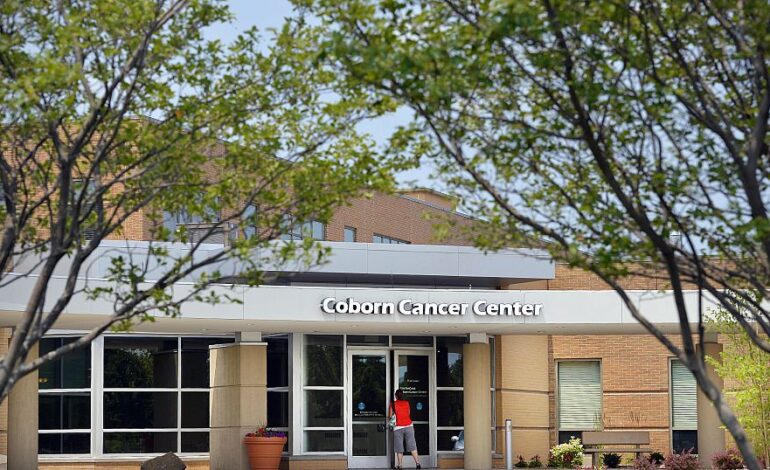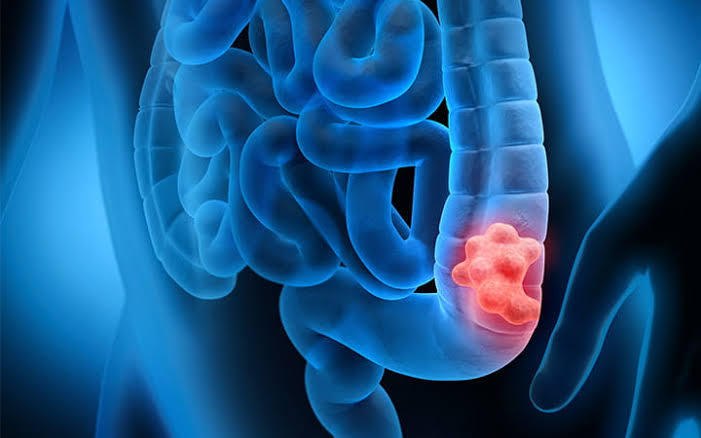
Faith Nyasuguta
Colorectal cancer, a disease traditionally associated with older adults, is raising concerns among cancer specialists due to its increasing incidence in individuals under the age of 50. This shift in demographics prompts a reassessment of screening guidelines and a heightened focus on early detection and prevention strategies.
While effective screening tests, notably colonoscopy, exist to facilitate the early diagnosis and prevention of colorectal cancers, routine screenings typically commence between the ages of 45 and 50 for those at average risk.
However, the rising occurrence of colorectal cancer in younger age groups underscores the need for increased awareness, early symptom recognition, and potential adjustments to screening protocols.
Dr. Ning Jin, a medical professional affiliated with the Ohio State University Comprehensive Cancer Center (OSUCCC – James), emphasizes the critical importance of recognizing symptoms associated with colorectal cancer, even among individuals below the recommended screening age.
Sudden weight loss, abdominal pain, and rectal bleeding are among the warning signs that should prompt individuals to seek medical attention promptly.
As colorectal cancer manifests differently in younger patients, it often eludes routine screenings that typically target older age groups. This necessitates a paradigm shift in both public awareness and healthcare strategies to ensure that symptoms are not dismissed or overlooked based on age-related screening guidelines.
Dr. Jin emphasizes that understanding and recognizing symptoms early on can significantly impact the prognosis and treatment outcomes for individuals affected by colorectal cancer.
Modifiable lifestyle factors play a pivotal role in influencing the risk of developing colorectal cancer. Studies suggest that adopting a diet rich in fiber and low in animal fats and red meat, combined with regular exercise, can contribute to reducing the risk of colorectal cancer.
Lifestyle choices such as abstaining from alcohol consumption and refraining from tobacco use are also highlighted as beneficial preventive measures. Integrating these lifestyle modifications into public health initiatives becomes imperative to address the increasing incidence of colorectal cancer in younger populations.
Dr. Jin further underscores the role of inherited genetic factors in shaping an individual’s overall risk of colorectal cancer. Lynch syndrome, a hereditary condition associated with an elevated risk of various cancers, including colorectal cancer, highlights the intricate interplay between genetics and cancer risk.
Dr. Jin emphasizes the significance of genetic testing and counseling for individuals with a family history of colorectal cancer or suspected hereditary conditions.
Understanding and addressing the unique challenges posed by colorectal cancer in younger age groups require a comprehensive approach that spans awareness, prevention, and early detection.
Integrating genetic counseling, promoting healthy lifestyle choices, and advocating for increased vigilance regarding symptoms in younger individuals contribute to a holistic strategy in combating this concerning trend.

In response to the changing landscape of colorectal cancer demographics, the medical community must collaborate to adapt screening guidelines, enhance public awareness campaigns, and explore innovative approaches to identify and support individuals at risk.
By fostering a multidisciplinary approach that combines medical expertise, genetic insights, and community engagement, healthcare professionals can strive to mitigate the impact of colorectal cancer in younger populations and improve overall outcomes.
RELATED:




